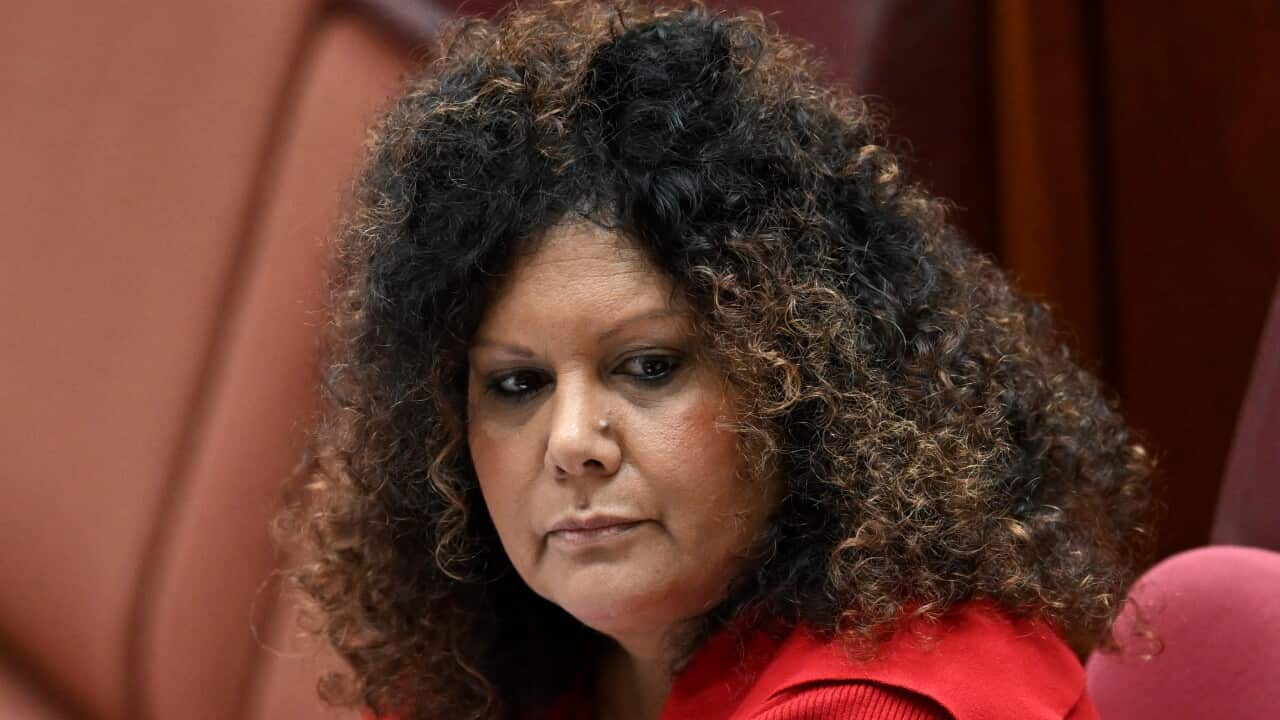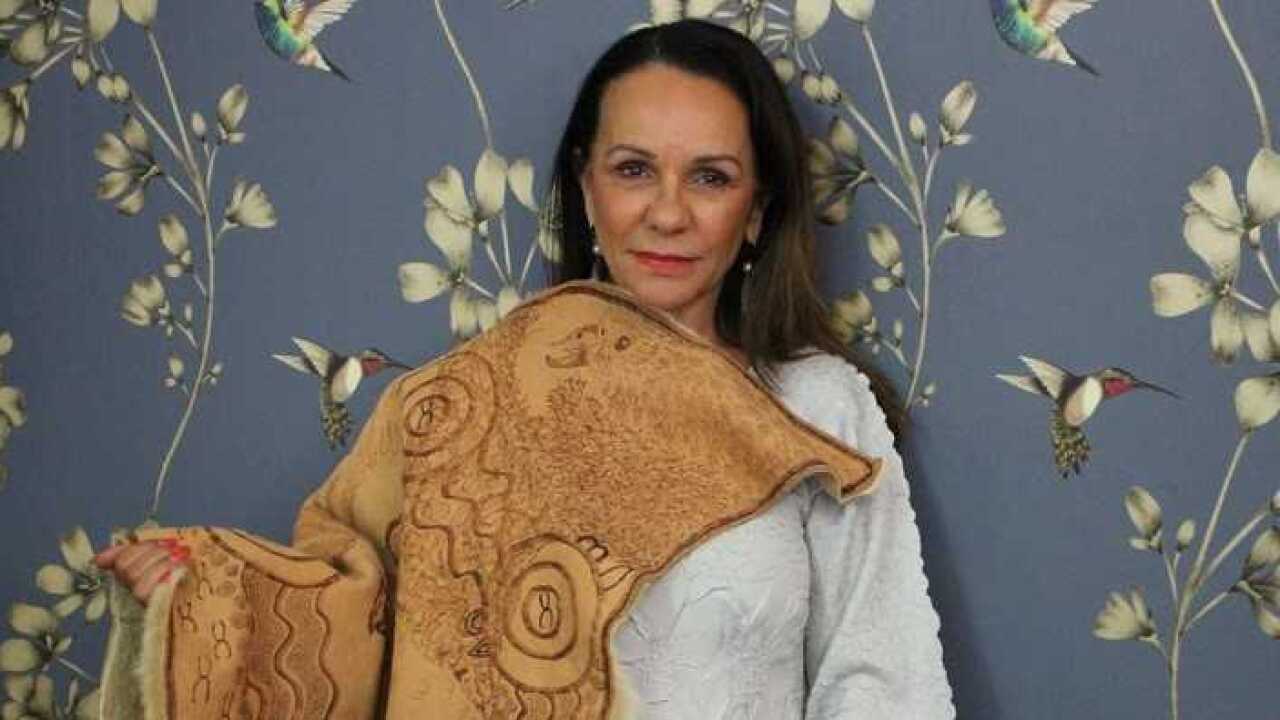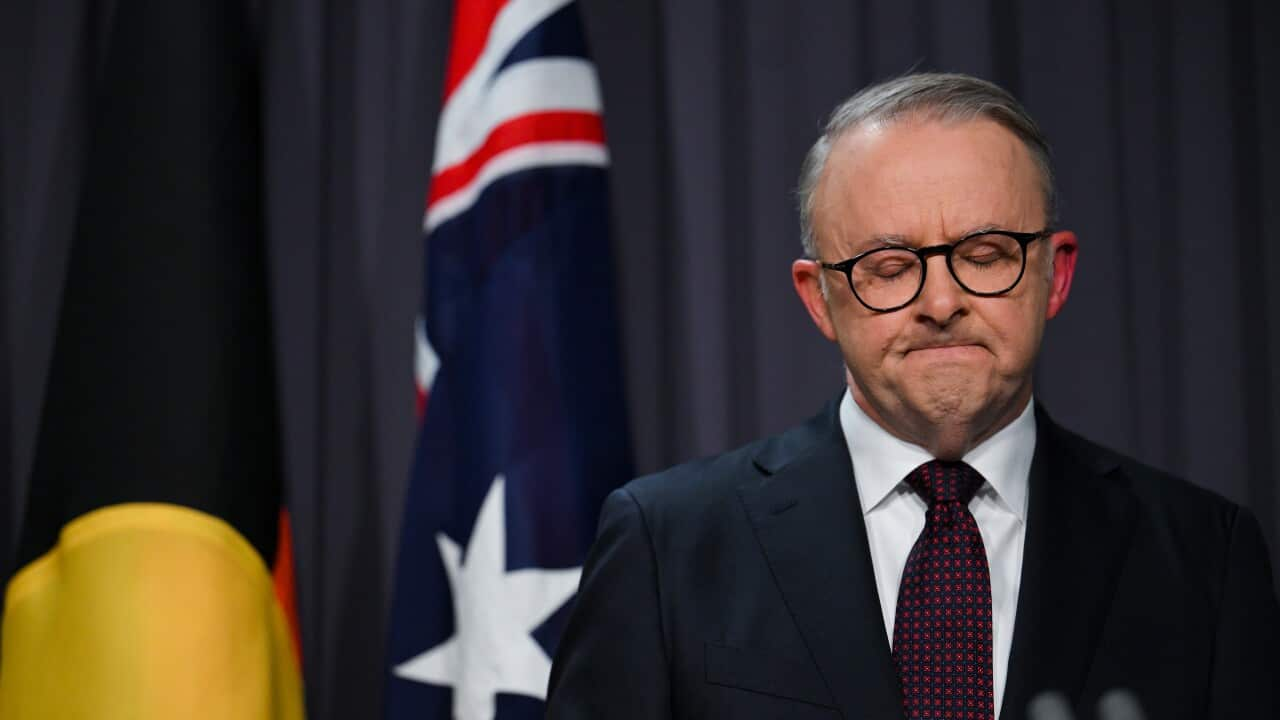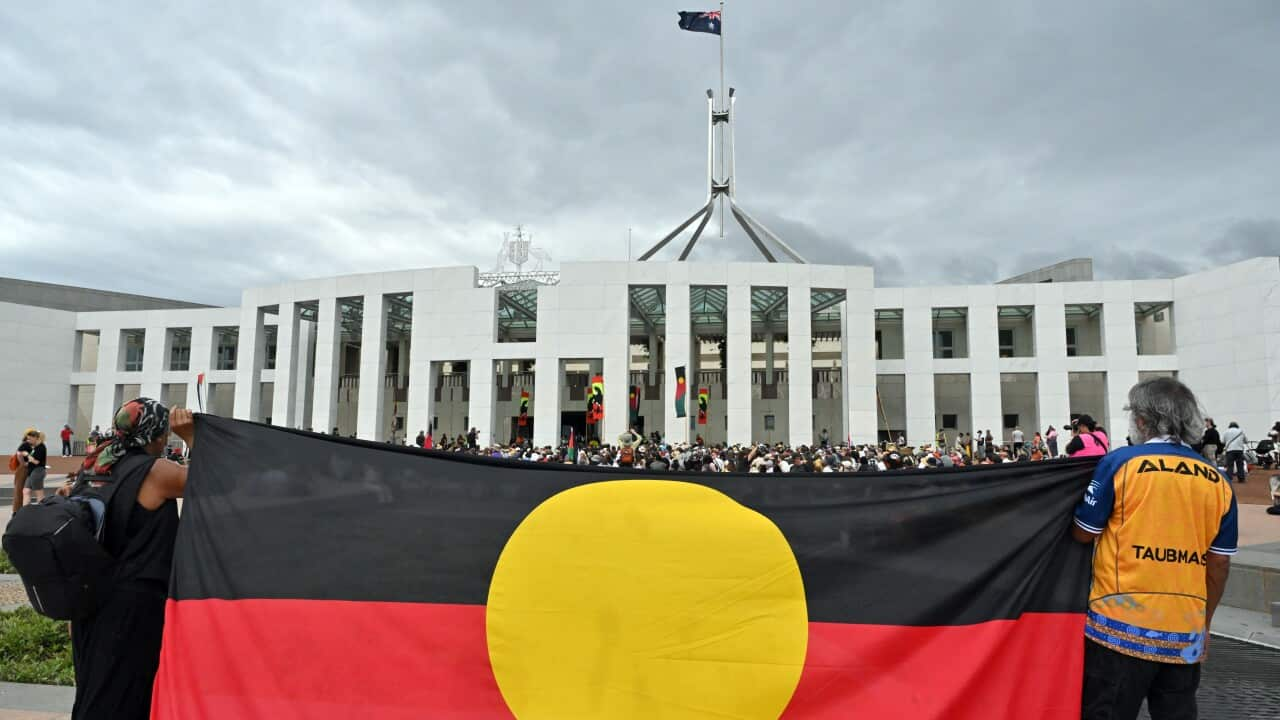Key Points
- Only five of 19 Closing the Gap targets are on track to be reached by 2031, new Productivity Commission data shows.
- Suicide and incarceration rates among Aboriginal and Torres Strait Islanders have gone up.
- Newly appointed Minister for Indigenous Australians Malarndirri McCarthy said the findings are troubling.
The Closing the Gap project was supposed to improve outcomes for Indigenous Australians but progress is going backwards on several issues, according to new data.
Rates of incarceration, and suicide are going up instead of down, the Productivity Commission's annual data compilation report showed.
Similarly, the proportion of Aboriginal and Torres Strait Islander children assessed as developmentally on track has declined.
Only five out of 19 Closing the Gap targets are on track to be reached by 2031, according to the report, which is based on data first released in February.
Babies born with a healthy birth weight, employment goals and preschool enrolments are all on track, as is progress on land and sea rights.
The life expectancy gap between Aboriginal and Torres Strait Islander people and the general population is narrowing but the target of completely closing that gap by 2031 is not on track to be met.
Minister for Indigenous Australians Malarndirri McCarthy described the results as "deeply troubling".
The newly sworn-in minister said a bipartisan approach was needed for meaningful reform for Aboriginal and Torres Strait Islander outcomes.
"We need to work together as a parliament, just as we are trying to do with first ministers in Indigenous affairs in every state and territory jurisdiction," she said in Darwin.
Coalition senator calls for 'generational' paradigm shift
Northern Territory Coalition senator Jacinta Nampijinpa Price said the report "is yet another indicator that we need a generational shift in how we try and close the gap".
"The data pertaining to the Northern Territory is especially concerning, as we know the Territory is home to so many of the most marginalised Indigenous Australians," she said.
"Just this week I attended a funeral for a much loved young Indigenous man in the Territory who committed suicide — we cannot simply view [those] in the report as statistics — they are precious lives who we must do more to protect."
Suicide was the leading cause of death for Aboriginal and Torres Strait Islander people aged 15–39, according to data from 2022.
"We know that having ready access to culturally safe and responsive services and systems can make all the difference to socio-economic outcomes for Aboriginal and Torres Strait Islander people," Commissioner Selwyn Button said.
Closing the Gap is a national strategy that aims to reduce Indigenous disadvantage. It was launched in 2008 and revised in 2020.
'You can't resolve intergenerational inequality overnight'
Prime Minister Anthony Albanese said the government was still committed to Closing the Gap targets, but change would not be immediate.
"The challenges are there, you can't resolve intergenerational inequality overnight, but what you can do is be committed to making a difference," he told reporters in Sydney on Thursday.
"Governments of all persuasions, at all levels, have not done enough in the past, but we're committed to working with those communities."
But Catherine Liddle, chief executive of the peak body for Indigenous children and families, said the federal government needed to do better because "screaming from the rooftop for ages" wasn't working.
"[I'm] somewhere between disappointed and frustrated and I always find that a very uncomfortable place to be, because I'm a person that likes to see light," Liddle told ABC TV.
"You see those datasets that again reinforce what we heard even at the beginning of the year, and that is governments are not moving fast enough on this, it's frustrating."
Readers seeking support can contact Lifeline crisis support on 13 11 14, visit or find an . Resources for young Aboriginal and Torres Strait Islanders can be found at .
With additional reporting by the Australian Associated Press












